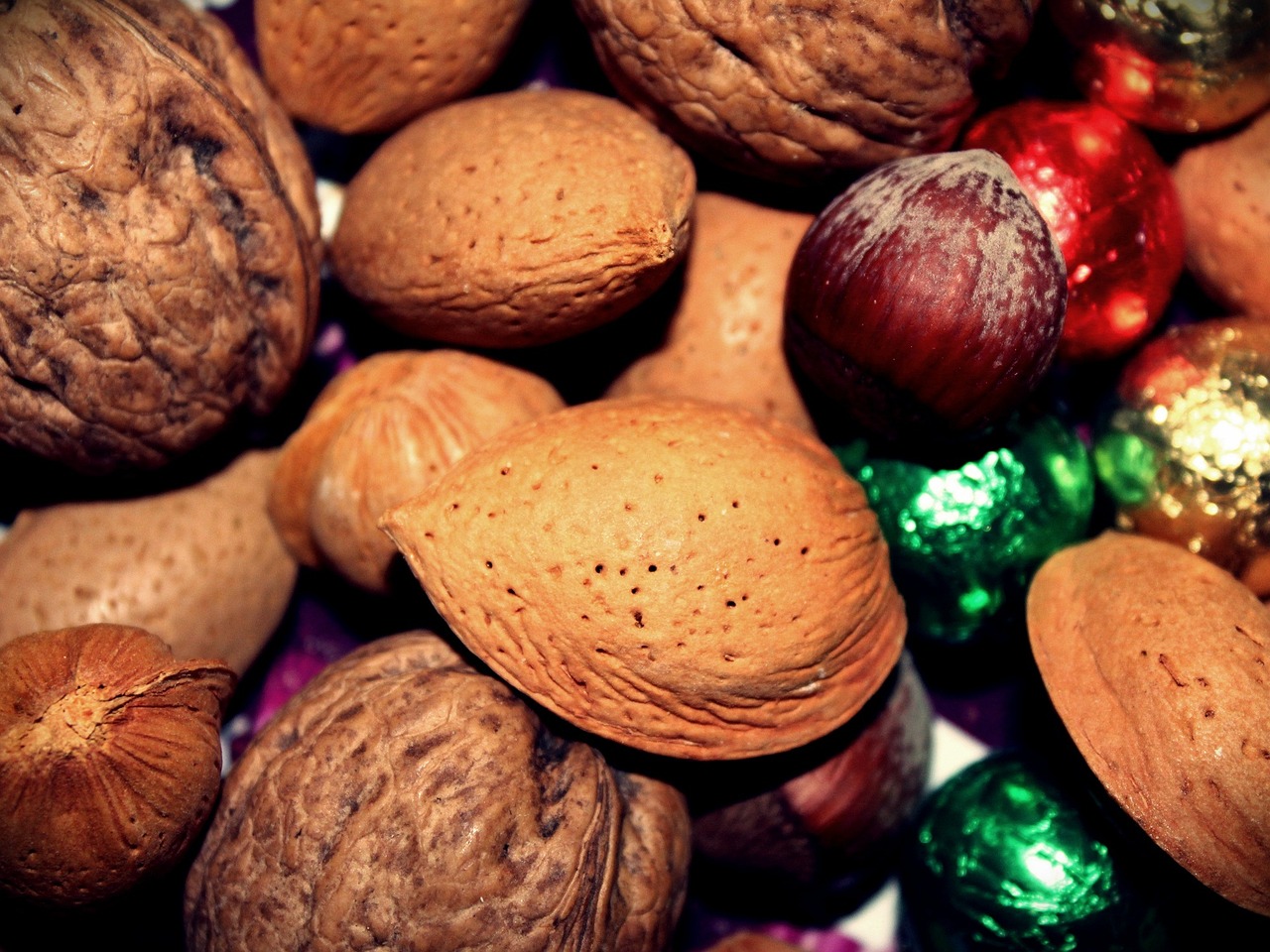Investigating the Health Effects of High-Fructose Corn Syrup: Diamond exch 999, Play 99 exch login, Reddybookclub
diamond exch 999, play 99 exch login, reddybookclub: Investigating the Health Effects of High-Fructose Corn Syrup
Have you ever wondered about the health effects of high-fructose corn syrup? With the rise of processed foods and sugary beverages in our diets, it’s essential to understand how this common ingredient may impact our health. In this blog post, we’ll explore the research behind high-fructose corn syrup and its potential effects on our bodies.
What is High-Fructose Corn Syrup?
High-fructose corn syrup (HFCS) is a sweetener made from corn starch that has been processed to convert some of its glucose into fructose. It is commonly used in a variety of processed foods and beverages, including sodas, cereals, and baked goods. HFCS is cheaper to produce than sugar, making it a popular choice for food manufacturers.
The Debate Around High-Fructose Corn Syrup
There has been much debate surrounding the health effects of high-fructose corn syrup. Some experts argue that HFCS may contribute to obesity, insulin resistance, and other metabolic disorders. Others suggest that HFCS is no different from sugar and that excessive consumption of any sweetener can have negative health consequences.
Research on High-Fructose Corn Syrup
Numerous studies have investigated the effects of high-fructose corn syrup on health. Some research suggests that HFCS may lead to weight gain and metabolic issues when consumed in excess. A study published in the American Journal of Clinical Nutrition found that individuals who consumed high levels of fructose had higher levels of triglycerides, a type of fat in the blood that is associated with heart disease.
On the other hand, other studies have found no significant differences between the health effects of high-fructose corn syrup and sugar. A review published in the journal Critical Reviews in Food Science and Nutrition concluded that there is insufficient evidence to support the idea that HFCS is uniquely harmful to health.
Tips for Reducing High-Fructose Corn Syrup Intake
If you’re concerned about the potential health effects of high-fructose corn syrup, there are several steps you can take to reduce your intake:
– Read food labels carefully and choose products that do not contain HFCS.
– Limit your consumption of sugary beverages and processed foods.
– Opt for whole foods, such as fruits and vegetables, instead of foods high in added sugars.
– Cook meals at home using fresh ingredients to have better control over the sweeteners you consume.
Frequently Asked Questions
1. Is high-fructose corn syrup worse than sugar?
While some research suggests that high-fructose corn syrup may have negative health effects, other studies have found no significant differences between HFCS and sugar. Moderation is key when it comes to consuming any sweetener.
2. Can high-fructose corn syrup cause obesity?
Excessive consumption of high-fructose corn syrup, like any sweetener, can contribute to weight gain and obesity. It’s essential to be mindful of your overall sugar intake and focus on a balanced diet.
3. How can I avoid high-fructose corn syrup in my diet?
Reading food labels, choosing whole foods, and cooking meals at home are effective ways to reduce your intake of high-fructose corn syrup and other added sugars.
In conclusion, the health effects of high-fructose corn syrup are still a topic of debate among experts. While some research suggests that HFCS may have negative consequences on health, more studies are needed to fully understand its impact. By being mindful of your sugar intake and opting for whole, unprocessed foods, you can make healthier choices for your overall well-being.







